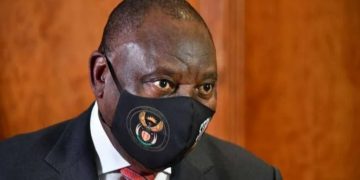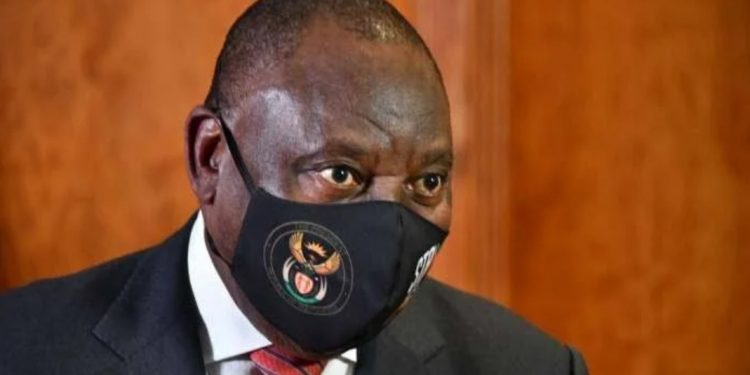By John Ikani
President of South Africa, Cyril Ramaphosa has urged developed economies to aid Africa’s post-pandemic recovery by allocating more International Monetary Fund (IMF) reserves to the continent.
Speaking in an interview at the Qatar Economic Forum on Monday, Ramaphosa said Africa needs more than the $33 billion that has been earmarked for the continent to support economies ravaged by the coronavirus.
According to him: “We need more because our economies are going to need a lot of support and it is only fair,” he said.
“The continent has been growing by leaps and bounds and should receive that type of support because all of us must get out of this economic slump that has been brought on to us by Covid-19.”
He went on to note that in addition to an increased share of Special Drawing Rights SDRs – foreign exchange reserve assets defined and maintained by IMF – African nations also need debts to be canceled and additional support to be provided to those nations facing payment delays.
“Without that support, Africa will forever be left behind,” he said. “We can get up and get going with our own boot straps, but we do need that lift and developed economies have a duty.”
What you should know
The IMF is preparing to give its member countries the biggest resource injection in its history – $650 billion – to boost global liquidity and help emerging and low-income nations deal with mounting debt and Covid-19.
French President Emmanuel Macron has urged other rich countries to follow its example and commit to reallocating some of their so-called IMF special drawing rights to help boost’s Africa’s share.
IMF Managing Director Kristalina Georgieva expects the fund’s board of governors to vote on the proposed new SDRs by mid-August.
Sub-Saharan Africa’s gross domestic product shrank 2.4% in 2020 and will likely only grow 2.8% this year, compared to a 7.7% expansion forecast in Asia and 3.9% in Europe, according to the World Bank.
The United Nations Economic Commission estimates that Africa’s recovery from the pandemic will cost $400 billion.





























![JUST IN: National Embarrassment!! Nigeria’s Senate President Presides Over Tuesday’s Plenary Under Leaking Roof [Photos]](https://www.theheritagetimes.com/wp-content/uploads/2021/06/20210622_105331-1024x768-1-75x75.jpg)





